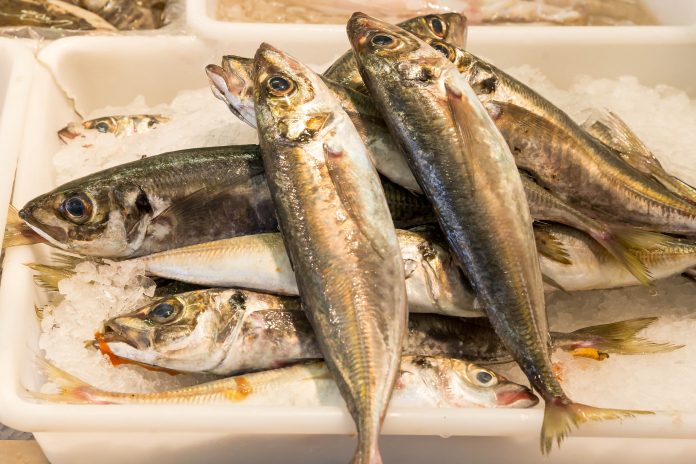On June 28, 2019 NGOs demanded that EU fisheries ministers face up to the consequences of their poor record on protecting the fish populations that underpin the health of European Seas. In a freshly published catch advice from The International Council for the Exploration of the Sea (ICES), scientists advise that the iconic North Sea cod population is at such depleted levels, that fishing limits should be capped at 10 457 tonnes in 2020 – a 70% cut compared to last year.
The EU committed to end overfishing of all fish populations by 2015 or progressively by 2020 at the latest, however with just six months to go, consistent stonewalling by fisheries ministers and a refusal to follow the science has led to a situation where iconic fish like North Sea cod is again facing collapse, and our ocean ecosystems are suffering.
“The need to drastically reduce fishing of North Sea Cod is a disaster for many fishers – a situation that could have been prevented if decision makers had listened to the scientists in the first place, and delivered the healthy oceans and food security for all EU citizens that governments signed up to in the reformed Common Fisheries Policy,” said Andrea Ripol, Fisheries Policy Officer of Seas At Risk.
North Sea cod fishing limits are negotiated between the EU and Norway and approved by the EU Council of Agriculture and Fisheries Ministers each December. This year’s negotiations on catch limits (TAC’s) for North East Atlantic fisheries, including the North Sea, are decisive for Fisheries Ministers to deliver on the 2020 deadline, rebuild the North Sea cod population, and put an end to one of the greatest threats to our ocean – destructive overfishing.
“We have a biodiversity and climate emergency on our hands, yet as we speak, we are ignoring this fact by undermining the ocean ecosystems that give us every second breath we take. Short term business profits for a few players are being politically prioritized over nature, healthy coastal communities, food security and a resilient ocean that can adapt to the climate emergency. Norway and EU governments share the responsibility for this tragedy and must now act to turn the tide,” Rebecca Hubbard, Our Fish Program Director, said.
Unsustainable fishing limits are not the only crucial pressure point for the North Sea cod population. Continued illegal unreported catches and discards – despite the introduction of the obligation to land and report all catches – is also obstructing the recovery of vulnerable stocks. Our Fish and Seas At Risk are calling on EU Fisheries Ministers to implement compulsory at-sea electronic monitoring on all fleet segments assessed as medium-high risk by the European Fisheries Control Agency (EFCA) that catch North Sea cod, to ensure elimination of illegal unreported catches and discards of the vulnerable stock.
“EU governments have failed to enforce the ban on discarding unwanted fish at sea and fully documenting all catches. This unreported catch represents an enormous waste of valuable fish, and significantly worsens overfishing, including for the iconic North Sea cod. Unfortunately, it goes to show there is a need for mandatory electronic monitoring on vessels at sea,” Hubbard continued.
In March, Our Fish revealed that despite at least 7,500 tonnes of North Sea cod being accounted for in the UK’s 2018 quota for increased landings of undersize fish, zero undersize cod were counted or landed. This not only suggests the UK fishing industry continues to discard fish at sea, but also that overfishing has been worsened by accounting an increase of the quota in the first place and at the same time keep illegally discarding undersized fish.
“Half a century of fishing above sustainable levels has brought the North Sea Cod population into critical danger. If today’s advice from ICES does not convince EU fisheries ministers to stop allowing for overfishing and degrading ocean health by setting fishing limits too high, they will fail to honour the mandate given by EU citizens,” said Andrea Ripol, Fisheries Policy Officer of Seas At Risk.

